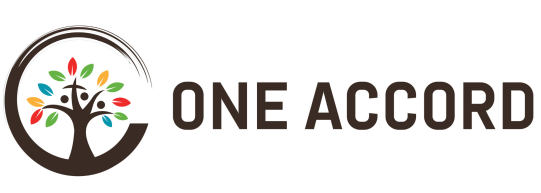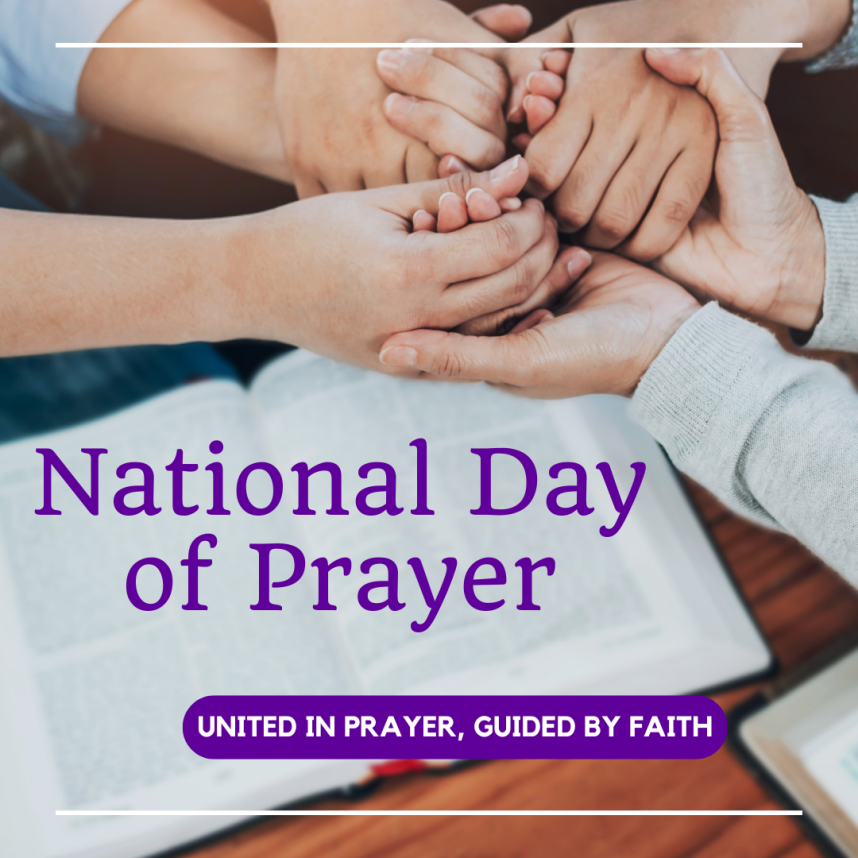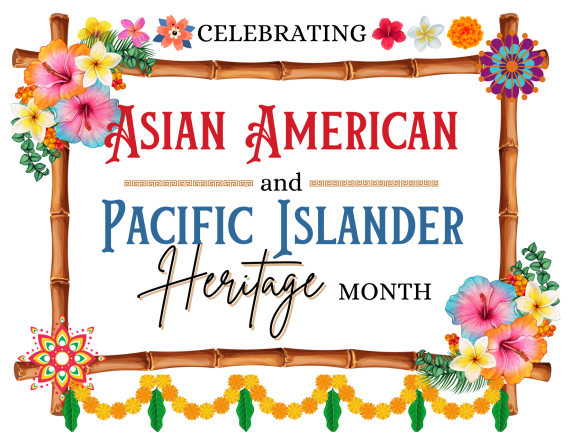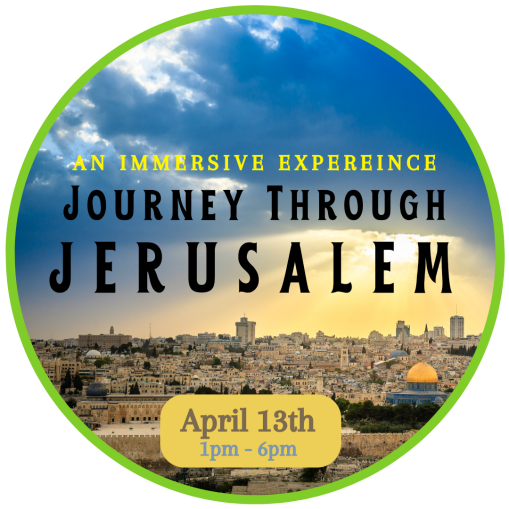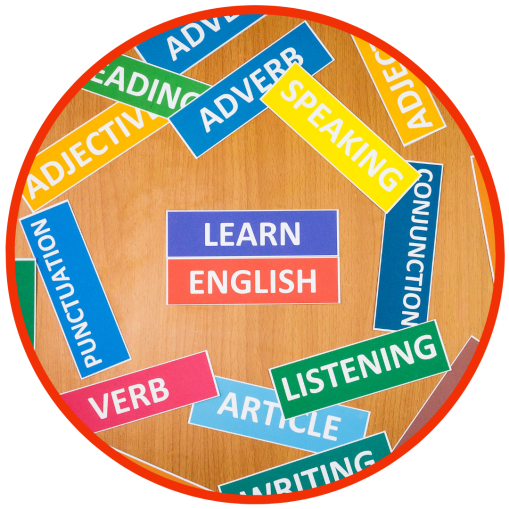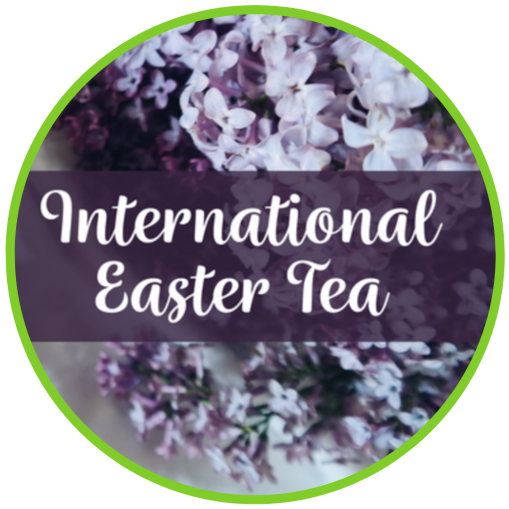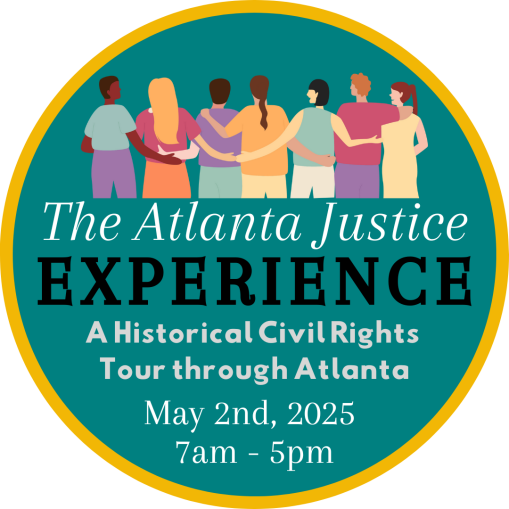Focus of the Month
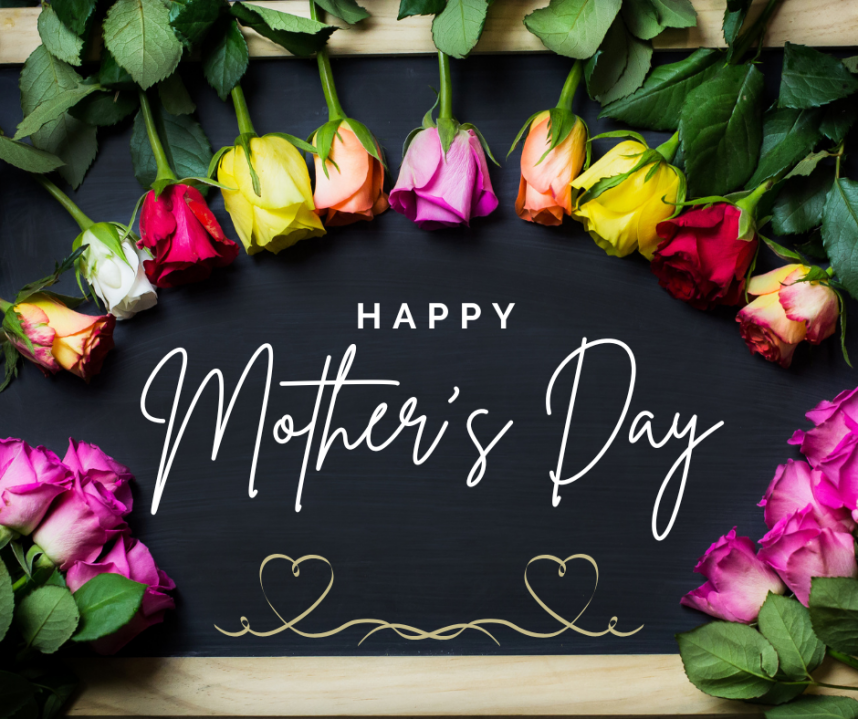
On Mother's Day, we celebrate the profound impact of mothers who embody love, sacrifice, and faith. Scripture reminds us of the significant role mothers play in shaping the lives of their children and pointing them to God's love. Like Psalm 139:13, which says, "For you created my inmost being; you knit me together in my mother’s womb," we recognize that motherhood is a divine design. We honor the many ways mothers reflect God's love and care, and we pray for those who are struggling, grieving, or celebrating today, that they may experience God's comfort and joy.
The History of Mother's Day
Mother's Day has its roots in the United States, dating back to the early 20th century. Anna Jarvis, an American woman, campaigned for a national holiday to honor mothers after her own mother, Ann Reeves Jarvis, passed away in 1905. Ann Reeves Jarvis had been a social activist and educator who had organized "Mother's Friendship Day" events during the Civil War to promote reconciliation. Anna Jarvis wanted to honor her mother's legacy and the sacrifices she made for her family. With the help of local groups and churches, Jarvis organized the first Mother's Day service on May 10, 1908, at St. Andrew's Methodist Church in Grafton, West Virginia, and in Philadelphia, Pennsylvania. The holiday gained popularity, and in 1914, President Woodrow Wilson signed a proclamation declaring the second Sunday in May as Mother's Day. Over time, the holiday has evolved to honor not just biological mothers but also adoptive mothers, stepmothers, grandmothers, and other maternal figures. Today, Mother's Day is celebrated in many countries around the world, often with gifts, family gatherings, and expressions of gratitude for mothers and mother figures.








